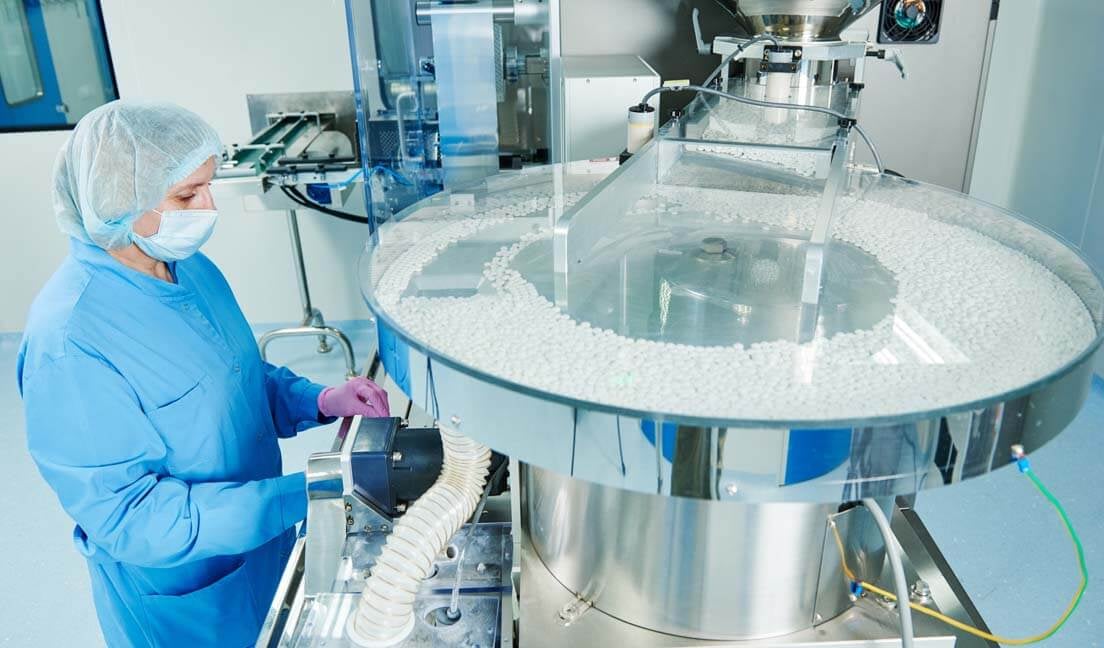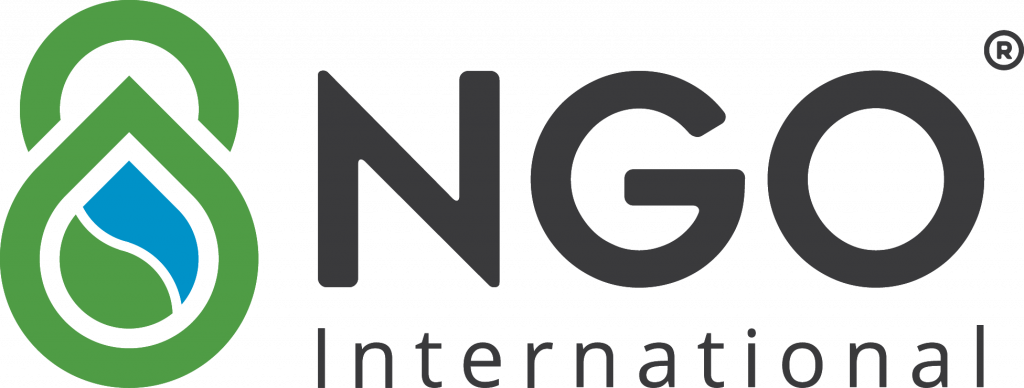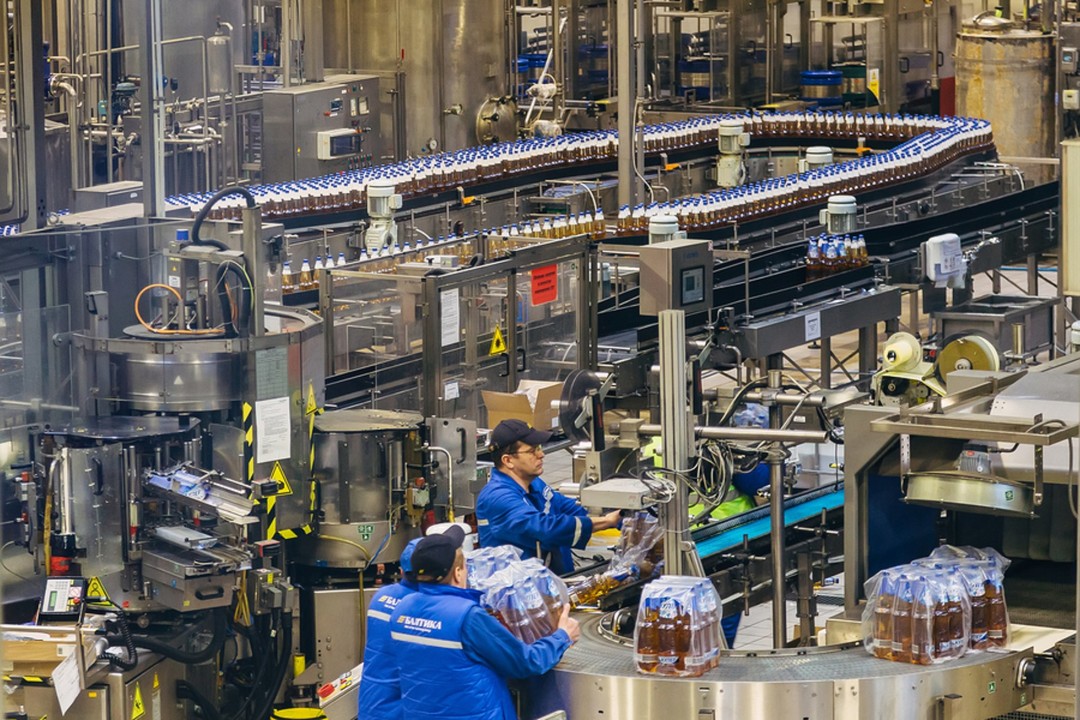
1. Role of Water Supply in the Pharmaceutical Industry
Water is an essential component in the pharmaceutical manufacturing process, used for cleaning equipment, raw materials, and as one of the main ingredients in many drugs. The quality of the water supply directly impacts the safety and efficacy of the pharmaceutical products; therefore, the pharmaceutical industry requires very stringent standards for water supply.
2. Water Supply Standards for the Pharmaceutical Industry
Water used in pharmaceutical manufacturing must meet strict standards set by regulatory bodies such as the U.S. Food and Drug Administration (FDA) or the European Pharmacopoeia (EP). Some important standards include:
- Purified Water: Used for cleaning equipment and preparing ingredients. The water must be treated to remove impurities such as bacteria, metal ions, and organic substances.
- Water for Injection (WFI): Used in the preparation of injectable drugs and the production of sterile products. WFI must meet absolute purity and contain no impurities.
- Stable pH: To avoid altering the chemical properties of the drug, the pH of the water must be tightly controlled during production.
3. Water Treatment Technologies for the Pharmaceutical Industry
The pharmaceutical industry often uses advanced water treatment technologies to ensure that the water supply meets strict standards:
- Ion-Exchange Technology: Used to completely remove dissolved ions from water, ensuring maximum purity.
- Reverse Osmosis (RO): Removes organic impurities, bacteria, and viruses from the water, ensuring it meets safety standards for drug production.
- Multiple Effect Distillation (MED): Used in the production of distilled water to ensure the removal of both organic and inorganic impurities.
4. Benefits of Standard-Compliant Water Supply in the Pharmaceutical Industry
- Ensures the Quality and Safety of Products: Standard-compliant water ensures that drugs are produced safely and free from contaminants, meeting regulatory requirements.
- Increases Product Reliability: Drugs produced with high-quality water are more stable, helping to build trust with consumers and partners.
- Reduces the Risk of Contamination: Clean water, free from bacteria, helps reduce the risk of contamination during production, protecting the health of users.
To learn more about suitable water supply solutions for the pharmaceutical industry, check out the article: Water Treatment Solutions for Pharmaceutical Manufacturing.

 Tiếng Việt
Tiếng Việt





